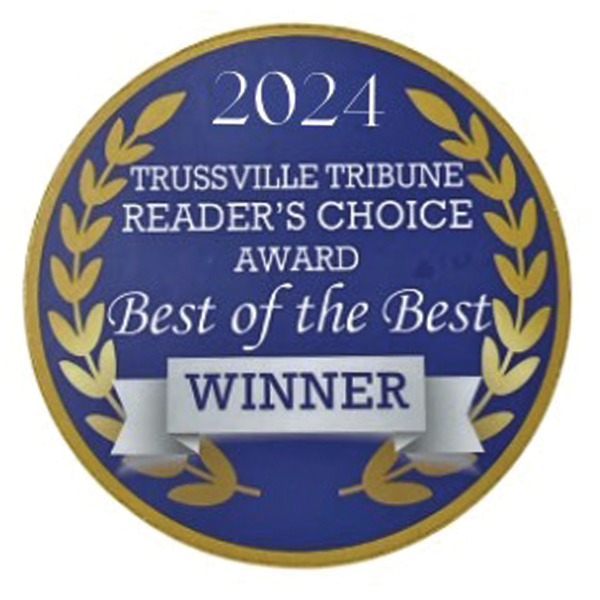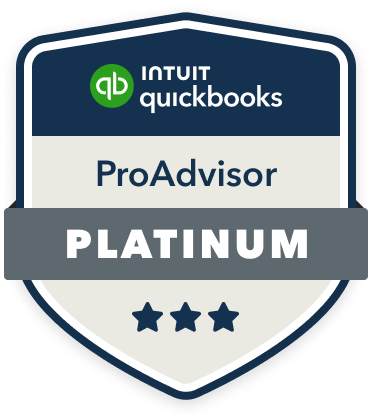Blog
Retirement planning can feel like navigating a maze, especially when it comes to choosing the right Individual Retirement Account (IRA) for your savings. Should you choose a Roth IRA or a Traditional IRA? Making informed decisions now could impact your financial security in retirement. In this comprehensive comparison, we’ll provide insights to help you make a well-informed choice tailored to your unique financial situation.
Exploring Traditional IRAs
One of the main advantages of a Traditional IRA is that contributions are made with pre-tax dollars. This can effectively reduce your taxable income for the year, which might be beneficial if you’re currently in a higher tax bracket. Over time, your investment earnings grow tax-deferred. This means you don’t pay taxes on the gains until you withdraw them during retirement. This deferred taxation could be advantageous if you expect to be in a lower tax bracket upon retirement, as withdrawals are taxed as ordinary income.
However, a critical element to consider is the Required Minimum Distributions (RMDs) that start at age 72. RMDs dictate the minimum amount that must be withdrawn annually, potentially forcing you to take more money than you need. This can complicate financial planning, as it might increase your taxable income more than anticipated due to recent tax rule changes.
The tax implications, alongside considerations of your income during retirement, play a crucial role in deciding if a Traditional IRA aligns with your financial strategy.
Deciphering Roth IRAs
Roth IRAs offer a different set of advantages, primarily surrounding their tax structure. Contributions are made with after-tax dollars, meaning there's no immediate tax deduction. However, the significant benefit is that earnings grow tax-free, and you won’t pay taxes on withdrawals, provided certain conditions are met. This aspect is particularly advantageous for those anticipating higher income tax rates in the future.
An additional flexibility is the absence of RMDs, allowing for more personalized retirement financial planning. For instance, you have the option to leave funds in the account longer if desired, which can be strategic for estate planning or simply having funds available for unforeseen circumstances.
It is worth noting, though, that contributions might be subject to a higher tax rate if your tax bracket is lower in retirement than during your wealth-building years, which is a critical factor to consider.
Evaluating the Roth IRA’s role in your financial plan involves understanding how your future tax expectations weigh against current tax benefits.
The decision between a Roth IRA and a Traditional IRA is deeply personal, hinging on current income, retirement expectations, and tax circumstances. We recommend consulting a financial advisor to tailor these insights to your situation and ensure you’re on the right path for a secure, prosperous retirement. Early planning and an informed approach can help map out a strategy that aligns with your retirement goals and maximizes your financial potential.
Contact Details
108 Kay Avenue, Trussville, Alabama 35173, United States
Visit Our Location


Quick Links
All Rights Reserved | Trussville Tax and Accounting | Privacy Policy | Fulfillment Policy
